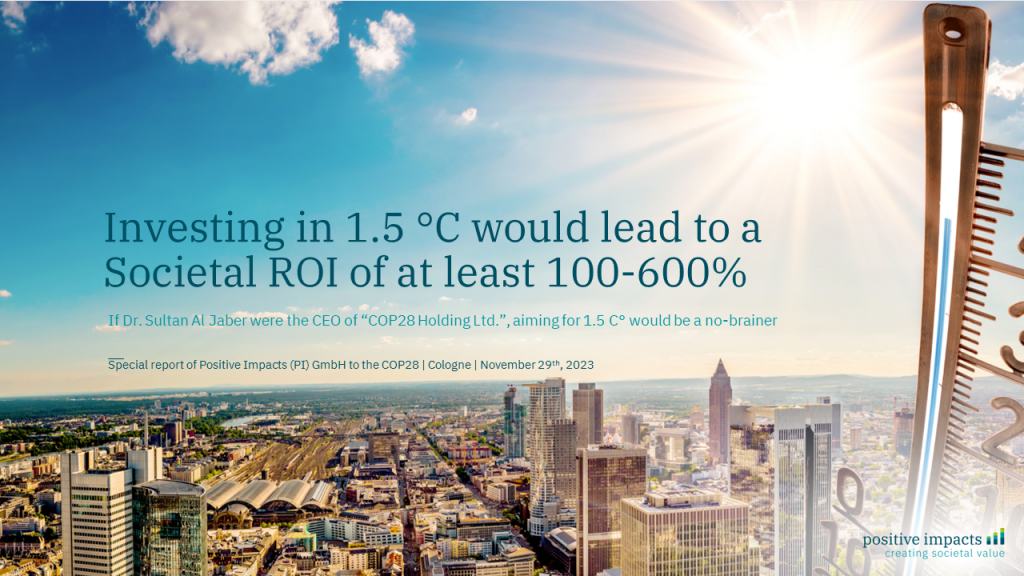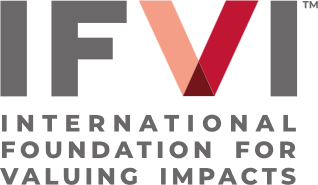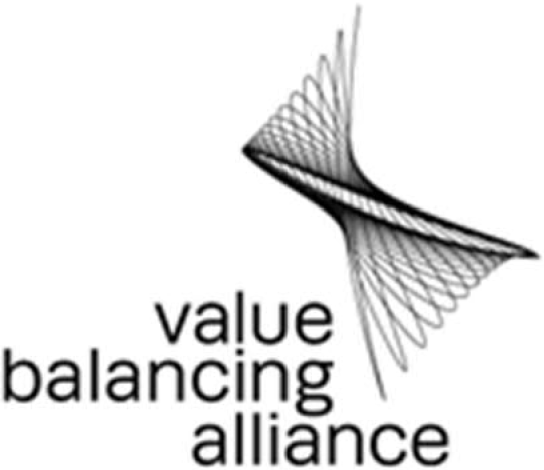PI Study Series & Special Reports
Special report of Positive Impacts (PI) GmbH to the COP28

- Presenting the PI® scenario analysis on the societal costs of climate change
- Quantifying the Societal Earnings of 1.5°C over 3.4°C
- Understanding the ROI in % of going for 1.5°C
Watch a video of a summary of our PI approach, explained by our founder and CEO Martin G. Viehöver below. Enable the subtitle in the video for the english translation.
- Study Series on “Demystifying the links between sustainability/ESG and Performance”
- Paper No. 1 on how strategic sustainability management pays off
- Paper No. 2 on the concept of double materiality and how materiality is approached by the biggest companies in Germany
- Paper No. 3 on how companies create societal value







